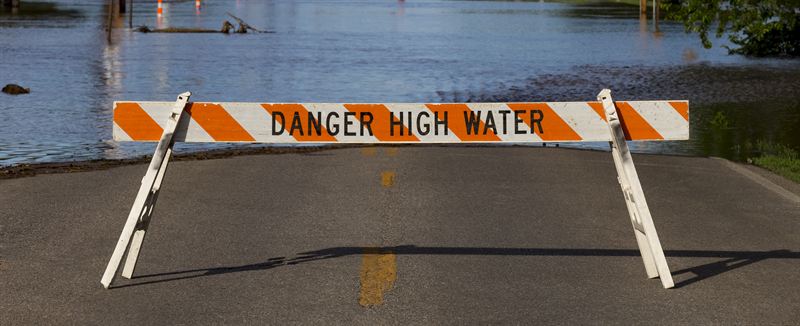Insurers Offer Advice to Tropical Storm Cindy Flood Victims

BATON ROUGE, La. - The Property Casualty Insurers Association of America (PCI) today urged property owners to take precautions to protect themselves and their belongings as heavy rains continue to hammer portions of the Gulf Coast.
“Insurers are here to help in the recovery process and assist families and businesses file claims,” said Joe Woods, PCI’s vice president of state government relations.
“Make sure to review your insurance policy, take a home inventory, and keep your insurer or agent’s phone number handy,” said Woods.
Once you file your claim, there are several things you can do, such as photograph the damage and make an inventory of what was lost and damaged to help expedite the recovery process.
“If your vehicle was damaged in this recent round of rain, contact your insurance company or agent immediately to see if you have coverage,” said Woods.
Water damage to a vehicle is typically covered under an auto policy’s comprehensive insurance coverage.
“If your home is near water or in a low-lying area, make sure you seek higher ground to avoid rushing waters. Do not drive in rushing water, remember to turn around, don't drown.”
“Once emergency officials say it’s safe, adjusters will move into the affected areas and assist customers,” added Woods.
Flooding from storm surge during hurricanes and tropical storms can be especially dangerous for residents along the coast. “Flood insurance is not covered by your standard homeowners policy, however, additional coverage can be purchased through the National Flood Insurance Program or your insurance company.
“Just be aware that there is typically a 30-day waiting period between the date of purchase and when the actual flood coverage goes into effect,” said Woods.
PCI Flooding Tips Precautions:
• Review your property insurance policy, especially the “declarations” page, and check whether your policy pays replacement costs, or actual cash value for a covered loss.
• Inventory your household items, and photograph or videotape them for further documentation. Keep this information and your insurance policies in a safe place.
• Keep the name, address, and claims-reporting telephone number of your insurer and agent in a safe and easily accessible place.
• Protect your property by covering all windows with plywood or shutters, moving vehicles into the garage when possible and placing grills and patio furniture indoors.
• Keep all receipts for any repairs, so your insurance company can reimburse you.
• Check with your insurance adjuster for referrals to professional restoration, cleaning and salvage companies if additional assistance is needed.
• Make sure watercraft are stored in a secure area, like a garage or covered boat dock. A typical homeowner’s policy will cover property damage in limited instances for small watercraft, and separate boat policies will provide broader, more extensive property and liability protection for larger, faster boat, yachts, jet skis and wave runners. Additional information can be found on PCI Hurricane Headquarters or Flooding Headquarters.



